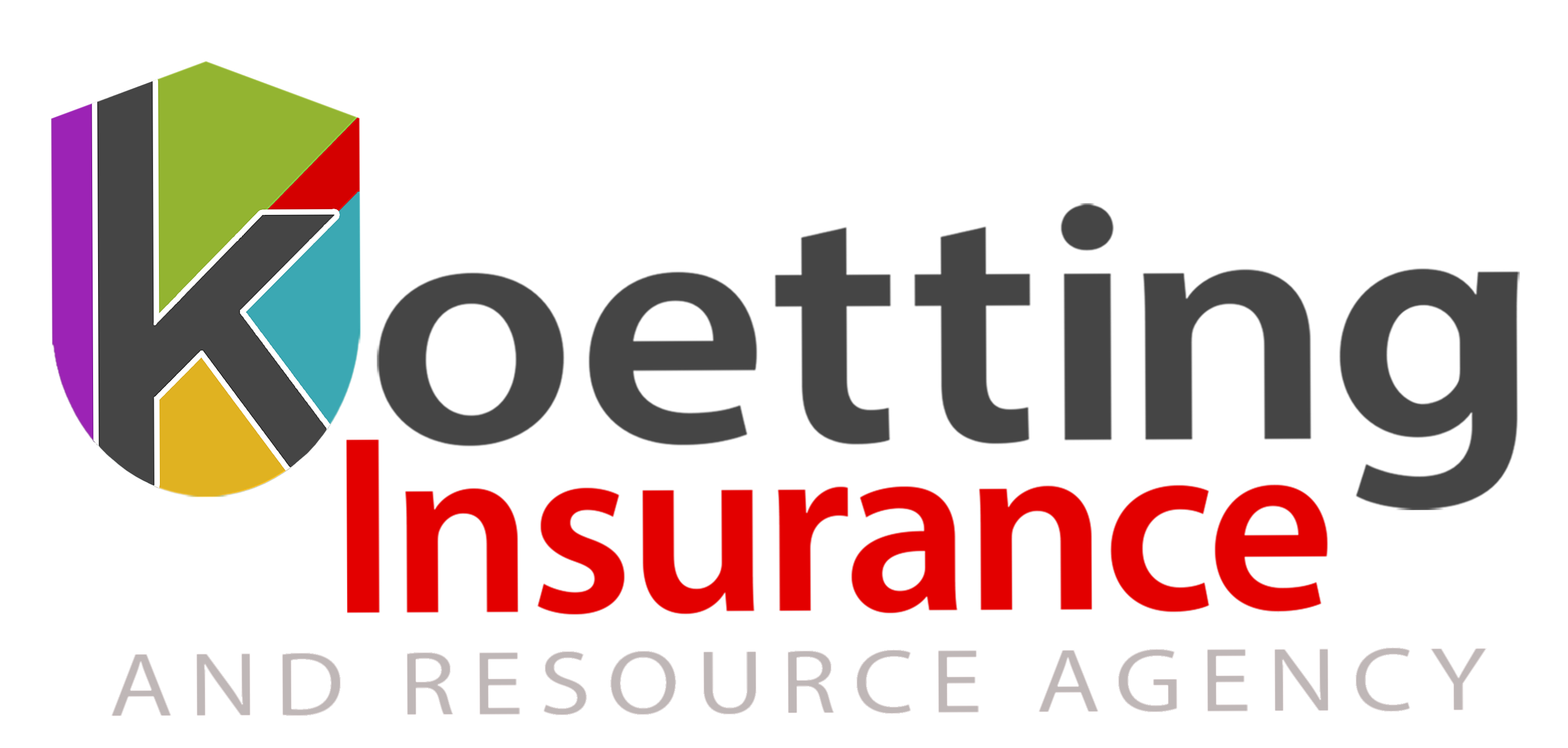Ensuring your policyholders are protected for going green.
Did you know the United States surpassed 2 million solar installations in 2019? Solar energy is more affordable, accessible, and prevalent than ever before. Many homeowners are warming up to the idea of clean energy that can save them money in the long run. Costco, Home Depot and door-to-door salesmen are selling the use of solar panels on existing homes as we speak!
THE SYSTEM
The average household uses roughly 897 kWh of energy per month respectively, meaning most homeowners can generate enough energy to cover 100% of their electricity needs with a 5-6kW solar panel system.
As you can imagine, solar panels are an investment upfront. The cost of installing solar to a home depends on how much electricity a homeowner would like to generate. Solar energy can either be used in place of, or alongside traditional energy generation. According to EnergySage, solar panel costs for an average-sized installation in the U.S. typically range from $11,000 to $15,000 after solar tax credits. However, some homes require more sophisticated systems that can drive the price upwards of $40,000.
THE HOMEOWNERS POLICY
The addition of solar panels can drastically affect your insured’s coverage. Since roof-mounted solar panels are permanent attachments to the home, the value of the panels is considered when evaluating the replacement cost of the home, under Coverage A. If the solar panels are detached, they may be covered under Coverage B. If your insureds fail to notify you and do not increase policy limits to accommodate the new solar panels, there is a possibility they could be drastically underinsured. Rockford Mutual’s e2Value valuations include valuation of solar panels when present to ensure there are no gaps in policy coverage.
An important consideration here is whether your insured owns or leases the needed equipment. RMIC requires you provide copies of the contract with the energy company and the solar panel company when solar panels are leased. This way, we can review the language to ensure there are no unintentional liability exposures present.
CLAIM SEVERITY
Another consideration to take into account is how a solar panel system can adversely increase the severity of a home fire. Some fire departments require a setback for how far panels must be from the edge or the ridge of the roof so that the system does not impede firefighting procedures. Some of the dangers solar panels present in the event of a fire include:
- Inability to penetrate roof: Because solar panels are built very strong to withstand inclement conditions, it can be difficult for firefighters to penetrate a hole in the roof to vent heat and smoke.
- Hazardous Surfaces: The sleek appearance of solar panels already makes them nearly invisible; some firefighters do not recognize the panels until they are on the roof. Due to the coatings the panels are treated with, they are very slippery, even when dry.
- Dangerous Debris Buildup: When panels are not integrated into the roof directly and there is a gap
between the system and the roofing material, there is a potential for leaves and other debris to build up
in between the two surfaces. This creates a combustible fuel source that a small spark, or even a lightning strike, can set ablaze.
- Electrical Fires: Solar panel arrays continue to produce power if the fire occurs during the day, regardless if the system has been turned “off”. Firefighters must be prepared to battle an electrical fire and be continuously aware of electric shock hazards.
- Roof collapse: Solar panel systems are typically installed after a home was built, therefore, the structural design of the home did not accommodate for the weight of the panels on the roof. Often times when structural elements are weakened by fire, the solar panel system could cause or hasten a building collapse.
As solar energy installations continue to trend upward, it’s crucial that insurance professionals learn more about the alternative energy production process so they are more prepared to not only note the potential risks, but also to ensure policyholders obtain adequate coverage. Rockford Mutual does provide coverage for homes with solar panels with underwriter approval required. We hope to protect your insureds and their “going-solar” decision with the appropriate insurance coverage!
CLAIMS SCENARIO
EXAMPLES
1| A panel or series of panels catch fire and generate a house fire causing $107,000 of property damage.
2| Hail causes substantial damage to a single panel costing $4,000 to replace.
3| In order to repair hail damage to a roof, undamaged solar panels must be removed and reinstalled at a cost of $15,000.
4| A single solar panel is struck during a lightning storm, causing the panel array to short out. Two panels require replacement and three panels can be repaired at a cost of $8,200.
5| A homeowner asks a neighbor for help in cleaning debris from beneath a solar panel array. Unfamiliar with the parts, the neighbor is shocked and falls from the roof, breaking his arm. The homeowner is liable for $20,000 in medical bills.
